Time's Up President Tina Tchen Reflects on the Historic Announcement of Kamala Harris as Biden's VP Pick
She says it's crucial to protect Harris—and all women of color running for office—from the sexism and racism they often face from the media.
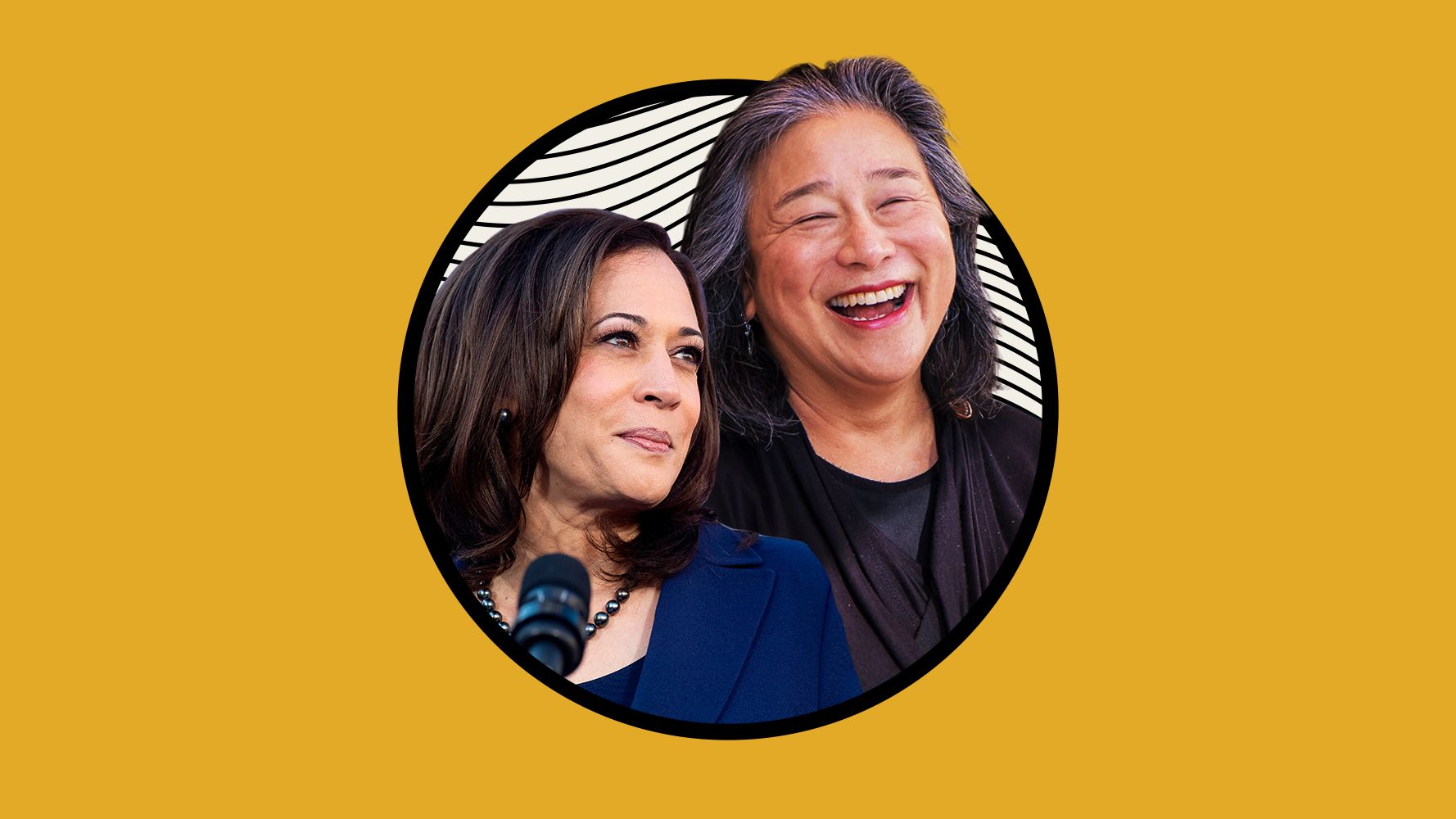

History was made this week when presidential hopeful Joe Biden announced as his vice president candidate pick California Senator Kamala Harris. The reveal was long-anticipated and widely praised as the right choice: Time and time again, Senator Harris has shown an ability to lead our country into a better, brighter future.
Not everyone, however, has taken kindly to the new. Sadly, it's still common for women across industries, especially women running for political office, to endure sexist attacks in both the mainstream media and on social media. In the wake of the announcement, Marie Claire spoke with Time's Up president and former Obama aide Tina Tchen about the historic moment. As a nonpartisan organization, Time's Up cannot endorse any candidate, but the group has expressed their intent to call out the intense and biased attacks prominent women face. Here, Tchen shares more on the historic moment, the similarities she and Harris share (they are both Asian American and daughters of immigrants), and how Time's Up will work tirelessly to quell racist and sexist rhetoric.
Marie Claire: What emotions were you feeling when you heard Senator Kamala Harris was chosen as Joe Biden’s vice president pick?
Tina Tchen: As an Asian American, I am particularly proud that Senator Harris is a Black and Asian woman who is nominated to be vice president. It was truly a historic moment.
MC: Was it a moment you imagined you’d see in your lifetime?
TT: Oh, absolutely not. When I was growing up in the ’50s and ’60s, there were no women in leadership. I remember the day when Connie Chung went on national television as a news anchor. I go back to those days and I can remember how amazing it was to see Black actors on TV. [This announcement] is especially heartening for [women and minorities], after 2016. It’s a reaffirmation of the progress that we all hope we're making in the country. It’s especially important now, when a lot of those values are under attack and under threat, during the pandemic. We see how disproportionately Black and brown women are suffering in terms of unemployment; we just did a survey at Time's Up on pay equity that shows the effect that the pay gap has not only on women, but how much [impact] it has on Black and Latinx women in particular.
MC: Can you share more about the Time’s Up Now initiative We Have Her Back?
Stay In The Know
Get exclusive access to fashion and beauty trends, hot-off-the-press celebrity news, and more.
TT: We Have Her Back is essentially a media watch effort to [monitor] the coverage of women running for office, starting with the VP nominee. But not just her. Other women who are running for higher [face] racist and misogynistic coverage, whether it's in the mainstream media, on social media, or in memes. We have seen the kinds of attacks that are leveled against women when they run for higher office that have nothing to do with their experience or their qualifications, and everything to do with the fact that they're women. Whether it's criticizing their clothes, their ambition, or what they look like, or using pejorative descriptions.
The messages during a presidential campaign are very intense. They're very pervasive. And if they are messages that perpetuate wrong and harmful [ideas] about women's leadership, we need to stop it. We need to really nip them in the bud and stop them from spreading. And that's what we want to do with We Have Her Back.
We have seen the kinds of attacks that are leveled against women when they run for higher office that have nothing to do with their experience and everything to do with the fact that they're women.
MC: People tend to absorb media that aligns with their own viewpoints. How would you suggest somebody take in content that might challenge their views?
TT: Gender discrimination actually transcends partisanship and party views. You can just use what happened over the last several days as an example: Not only did you have the right wing and Fox News attacking Senator Harris and [Tucker Carlson] refusing to say her name the right way, but over last weekend [we saw many instances]. The New York Times has probably a different point of view than Fox news, [but] the New York Times ran a headline about wrist corsages and the VP race; the Los Angeles Times ran an article comparing the VP selection process to The Bachelor and [compared the White House to] the fantasy suite. I still can't get over that one.
[It’s a] demeaning way [to] talk about these women candidates. It’s not even a right and left thing. The progressive or liberal media has used as much misogynistic terminology as the right wing media. It's very pervasive and it's everywhere. We have so internalized and absorbed gender discrimination and sexism. We were raised with it. This is why at Time’s Up, changing the culture is so important to us; we have to change this broader culture that we're all living in.
MC: It’s important to note that, particularly for Senator Harris, she’s facing sexist and racist attacks. Can you share more about the impact of discrimination in relation to intersectionality?
TT: She’s going to get it from all sides. But here’s the thing about her as a leader and as a candidate: When you’re the candidate, people are looking for you to rise above it and to have grace, and she should. On the outside, we as advocates and as people who care about women leaders and women leaders of color need to stand with her and defend her and raise these issues, because this should not be on her. She’s got other things to deal with. She should be talking about the pandemic. She should be talking about the economic crisis. She should be talking about issues of racial justice. And that’s why [Time’s Up has] taken on this role. It’s our job, not her job, to call out these issues.
MC: Did the VP announcement change how you’re going to approach the time between now and election day?
TT: [Despite] the vitriol that’s already started, [despite] these multiple crises that we are in, we should not lose the opportunity to experience the sense of excitement. That sort of sense of excitement and change that we experienced in 2008. I remember that election night in Chicago [where I live now and then], the streets were filled with people. This can be that kind of moment again.
I don’t say this as a partisan statement because, to be clear, Time’s Up Now does not endorse candidates. But I say as a women’s rights organization, that the possibility of a Black and Asian American woman to become vice president of the United States is a real statement and historic event. In a single generation, you can go from your parents immigrating to United States to becoming vice president of the United States. Only here.
I'm a daughter of two immigrants. My parents both passed long before my time in the White House. They would have been astonished to see their daughter go back to China—which I did on several occasions—representing the president of the United States and the first lady of the United States. My parents came with only what they could carry in their suitcases, fleeing civil war in China. And yet, in one generation, their daughter has worked at the White House as an assistant to the president, chief of staff, and first lady. Remarkable. I can appreciate a little bit of what I think Senator Harris might be feeling, in that, if you think back on the sacrifices that your parents made, they would have had no idea that this is what would have happened to their daughter.
MC: Why is it so crucial to get out to the polls this November?
TT: We are a democracy, and the way in which a democracy works is through the ballot box. It doesn’t work if people don’t vote. It is more important than ever this year for people to take the time to learn how they can vote safely. Those deadlines will be coming up fast: If you’re not registered to vote, you need to get out and learn the rules right now. Time’s Up is a partner with When We All Vote; it will give you information about what you need to. This is the 100th anniversary of women getting the right to vote, which was hard fought, and then fought again for another half a century to make sure that women of color fully had the right to vote. This year is going to be harder for us to vote than usual. We need to try to figure out how to vote safety in a pandemic, but it’s is nothing compared to what their sacrifices were. We should honor those sacrifices by voting.
RELATED STORIES
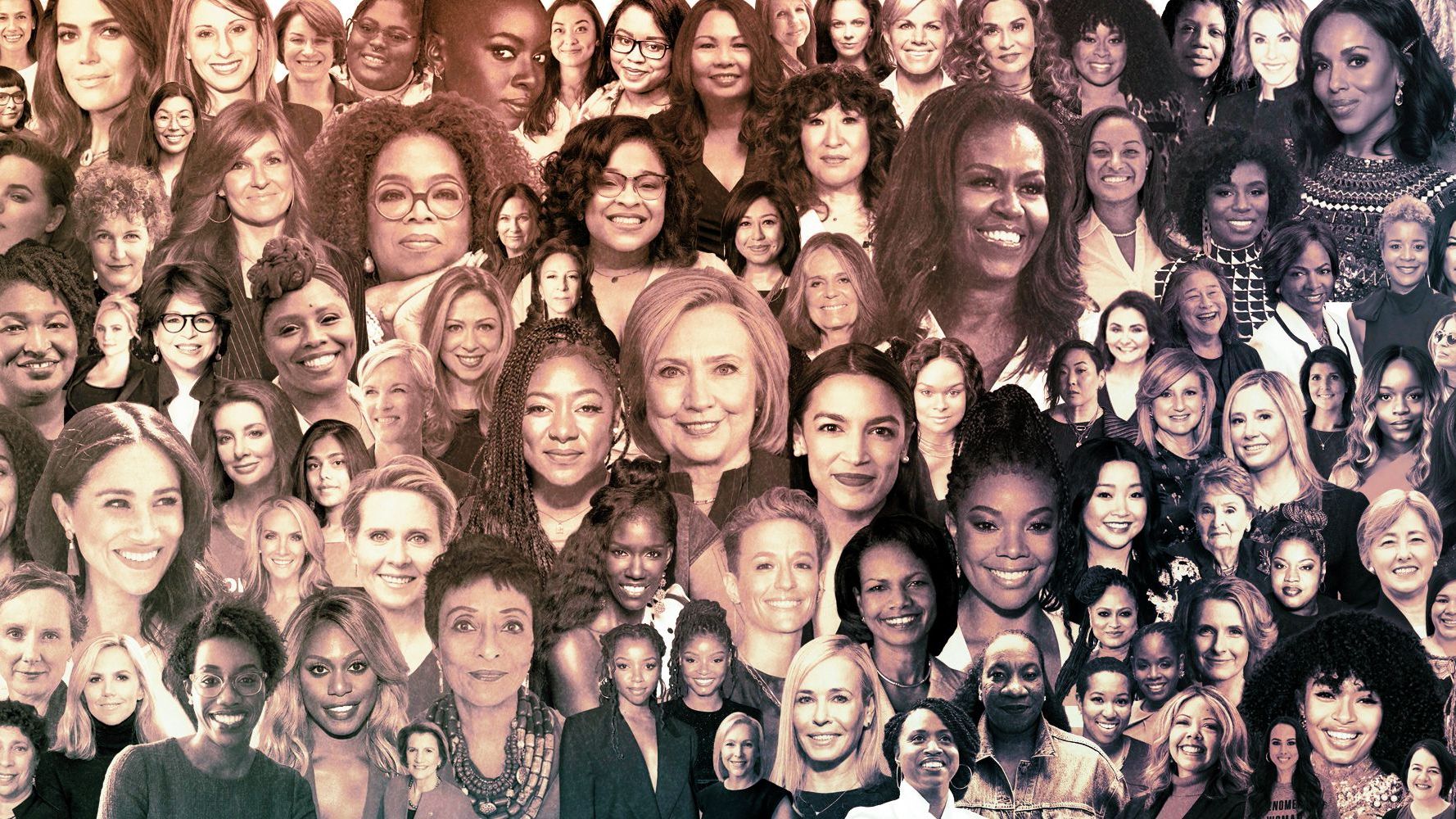
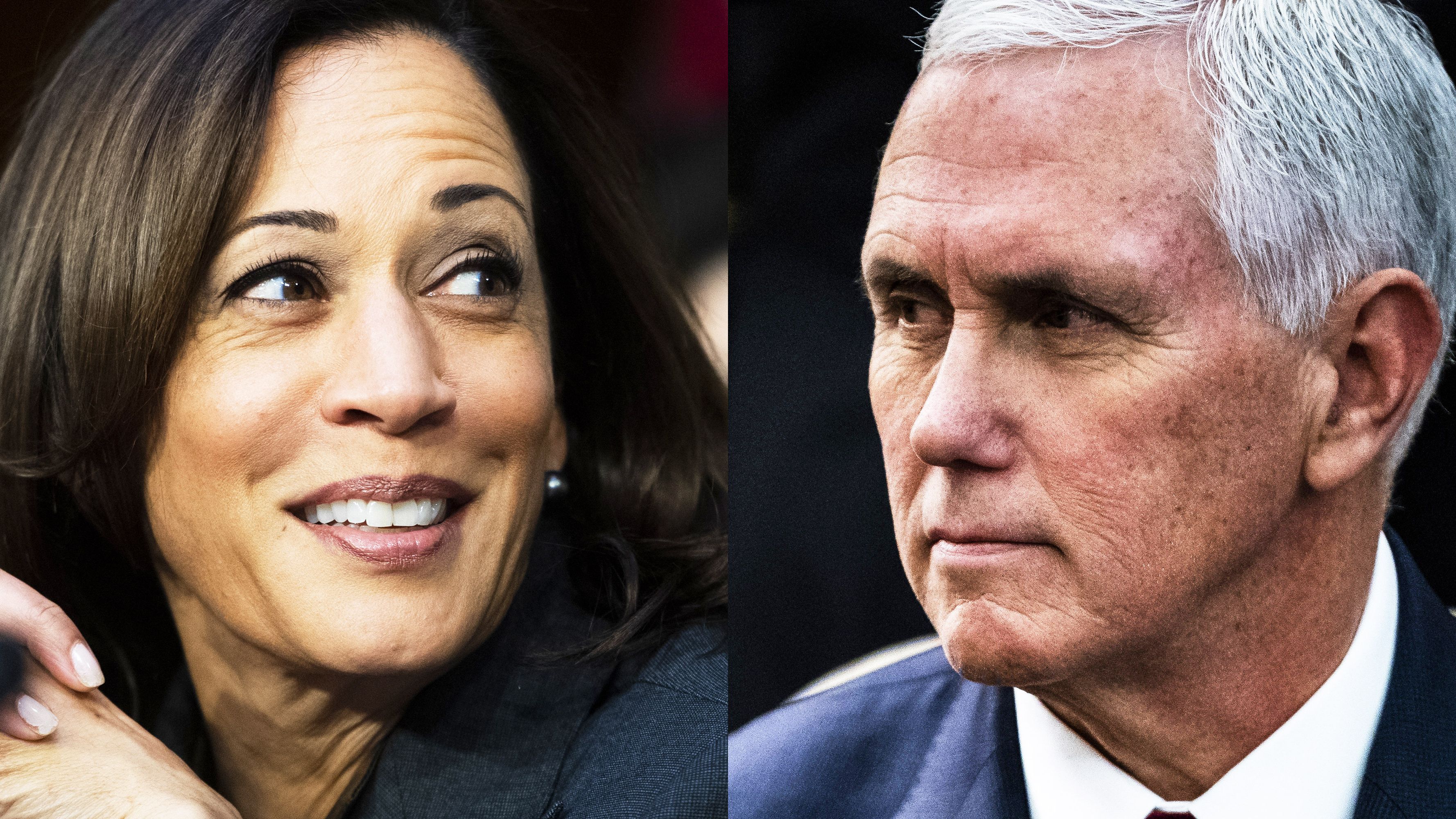
Megan DiTrolio is the editor of features and special projects at Marie Claire, where she oversees all career coverage and writes and edits stories on women’s issues, politics, cultural trends, and more. In addition to editing feature stories, she programs Marie Claire’s annual Power Trip conference and Marie Claire’s Getting Down To Business Instagram Live franchise.
-
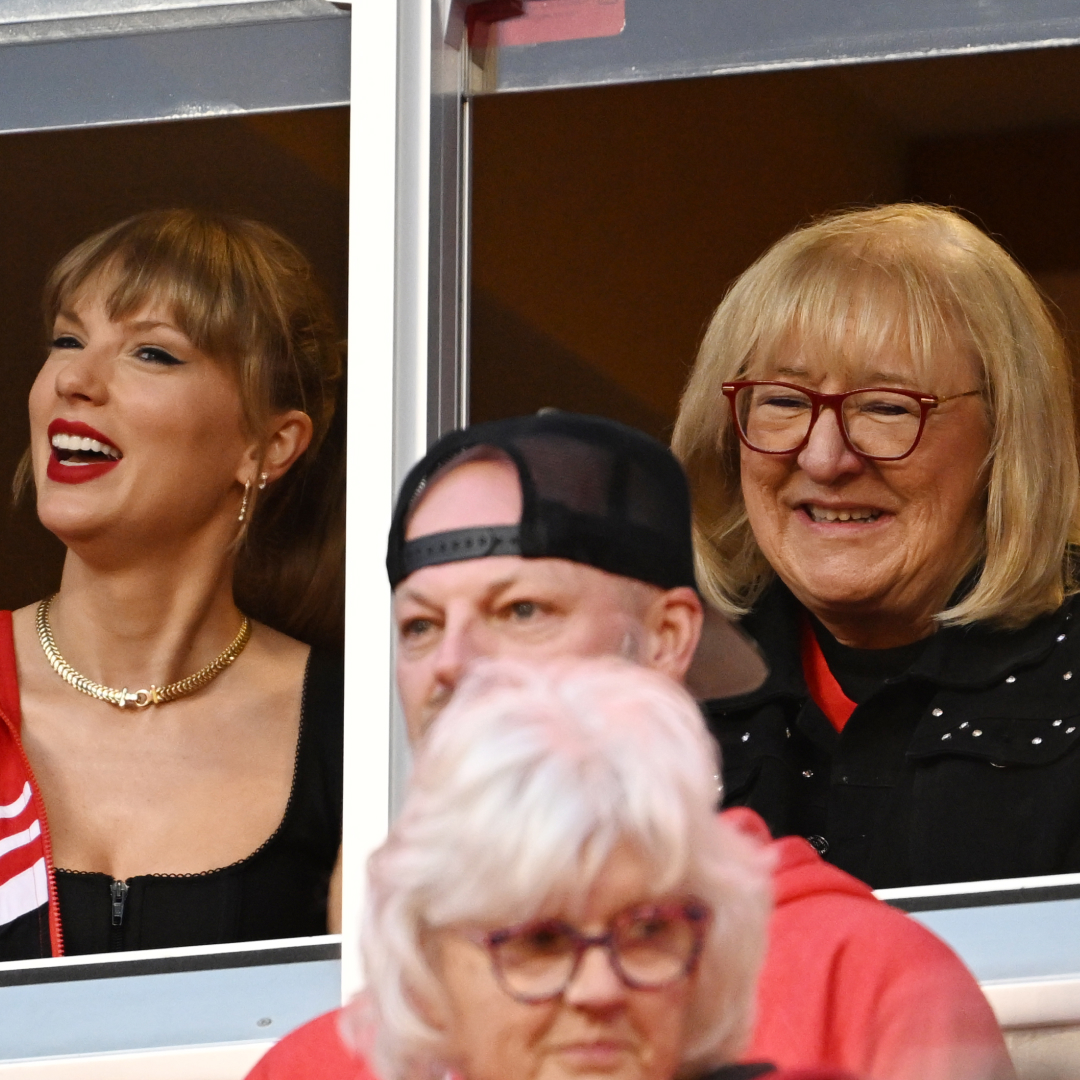 Travis Kelce's Mom Reportedly "Liked" a Comment About His Future as a Dad
Travis Kelce's Mom Reportedly "Liked" a Comment About His Future as a Dad...and then removed it.
By Lia Beck
-
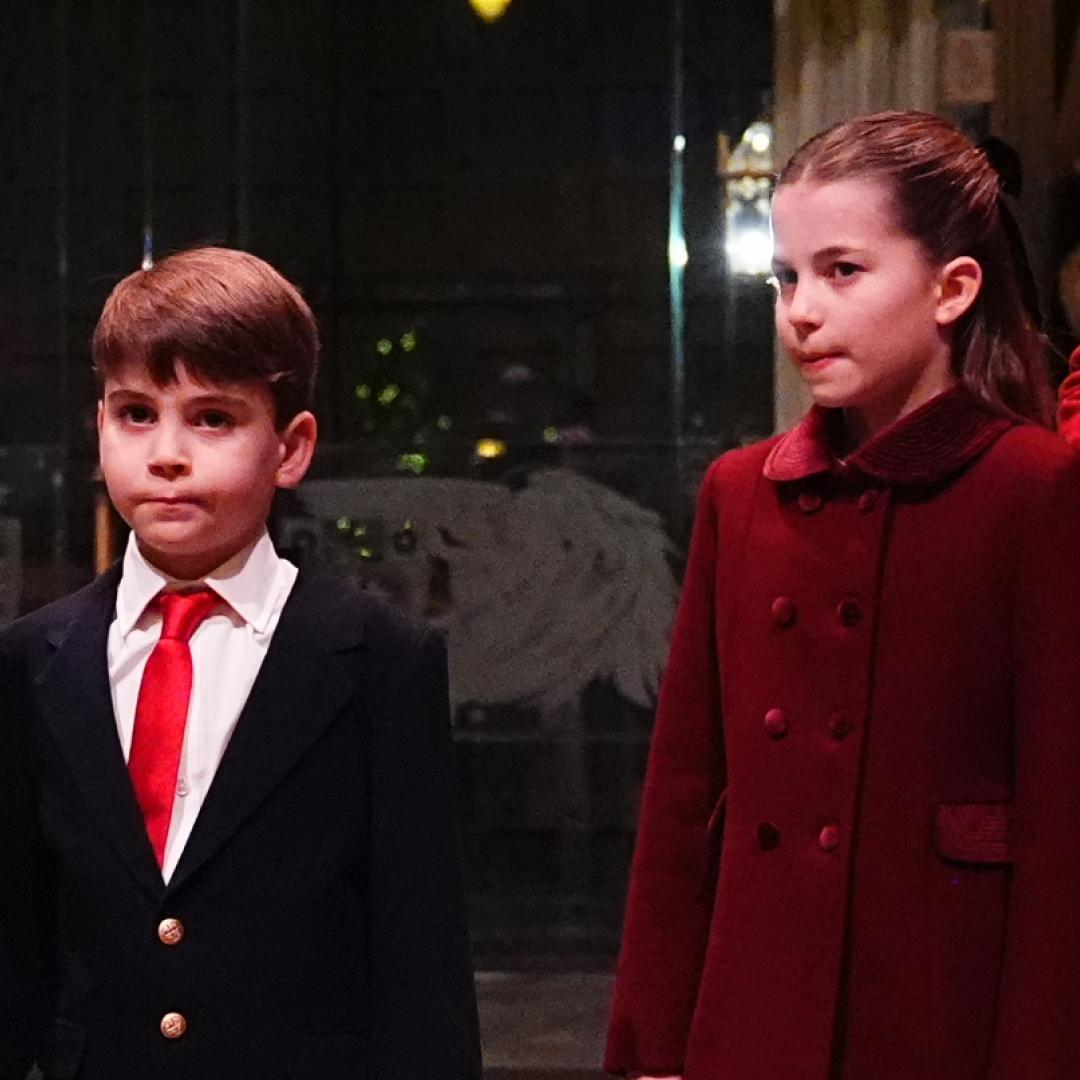 Prince Louis Will Soon Be Allowed a Special Privilege That Prince George and Princess Charlotte Already Have
Prince Louis Will Soon Be Allowed a Special Privilege That Prince George and Princess Charlotte Already HaveThe youngest Wales child will turn 7 on April 23.
By Kristin Contino
-
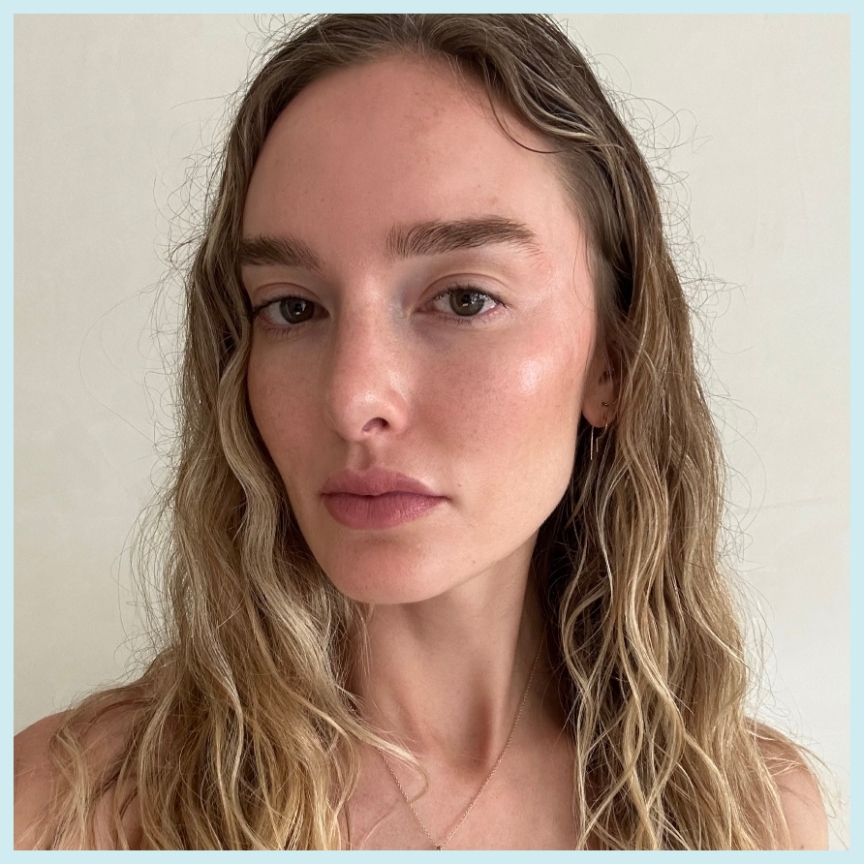 $20 and 30 Minutes Is All You Need for a Vacation-Level Glow
$20 and 30 Minutes Is All You Need for a Vacation-Level GlowSelf-tanner secrets, according to a beauty director.
By Hannah Baxter
-
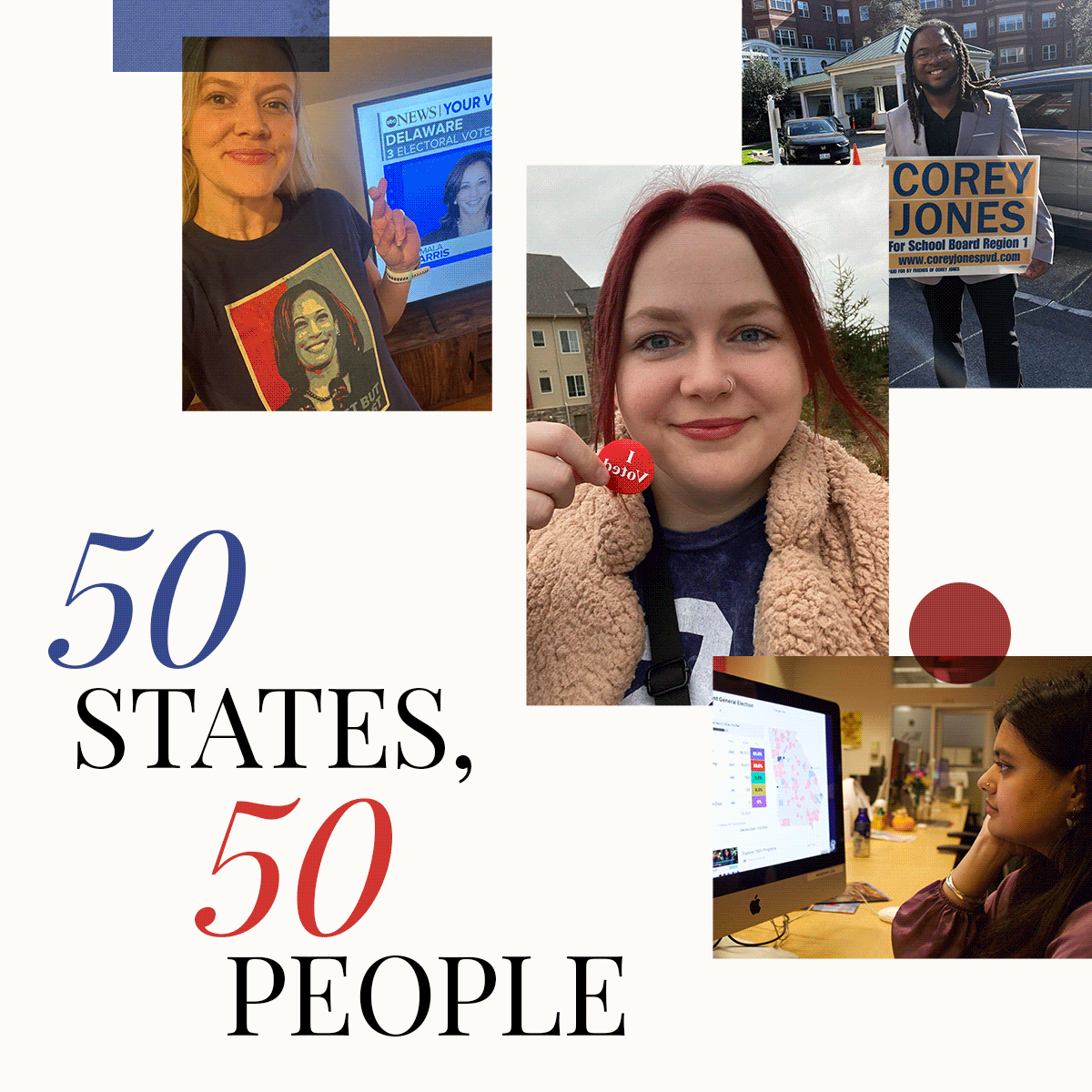 A Nationwide Reaction to the 2024 Election
A Nationwide Reaction to the 2024 ElectionHow are people feeling in this moment? Marie Claire spoke to folks across the country to find out what they were thinking as they cast their votes and waited to hear the results.
By The Editors
-
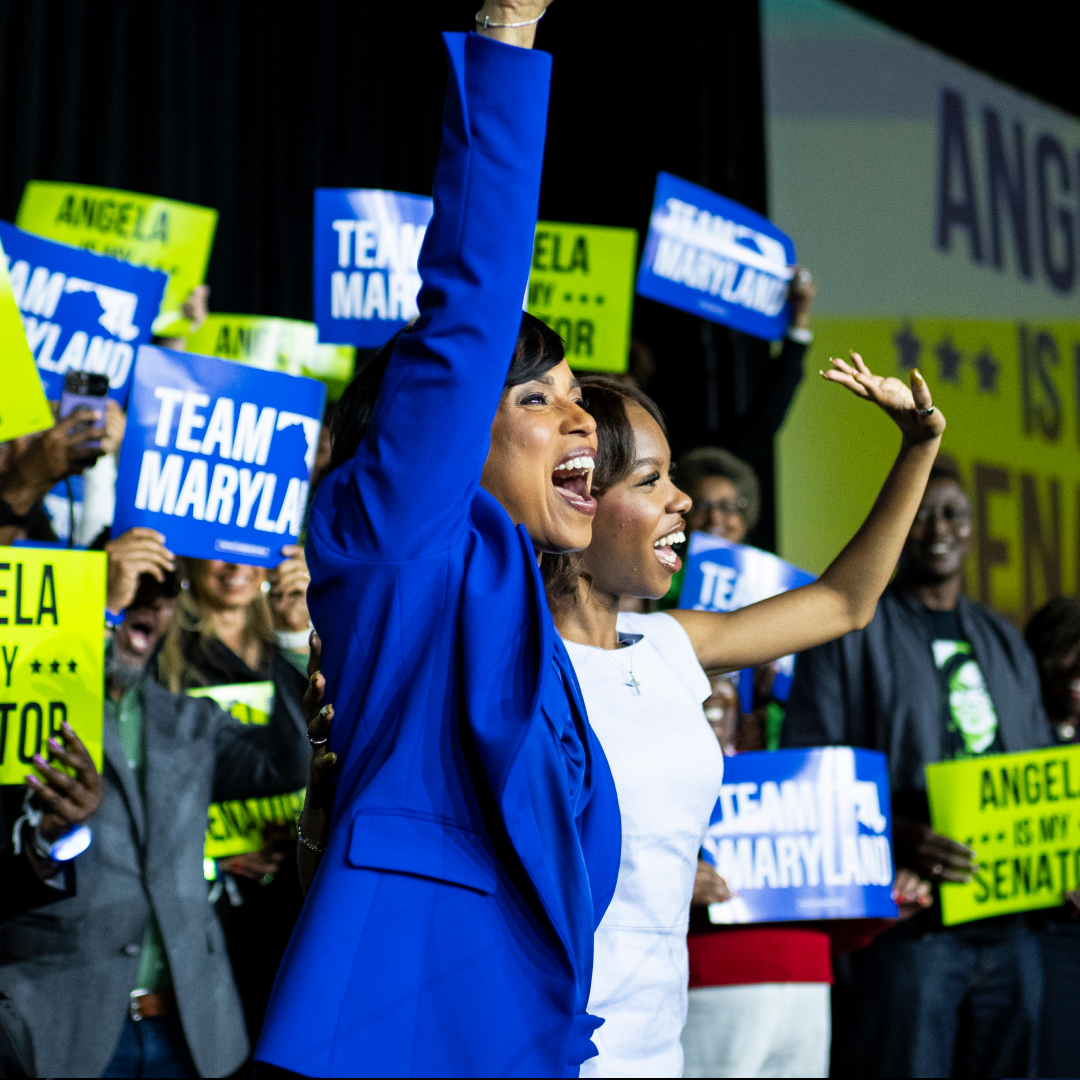 The Historic Election Victories Worth Celebrating
The Historic Election Victories Worth CelebratingIncluding momentous firsts, abortion protections, and New York's "Equal Rights Amendment."
By Iris Goldsztajn
-
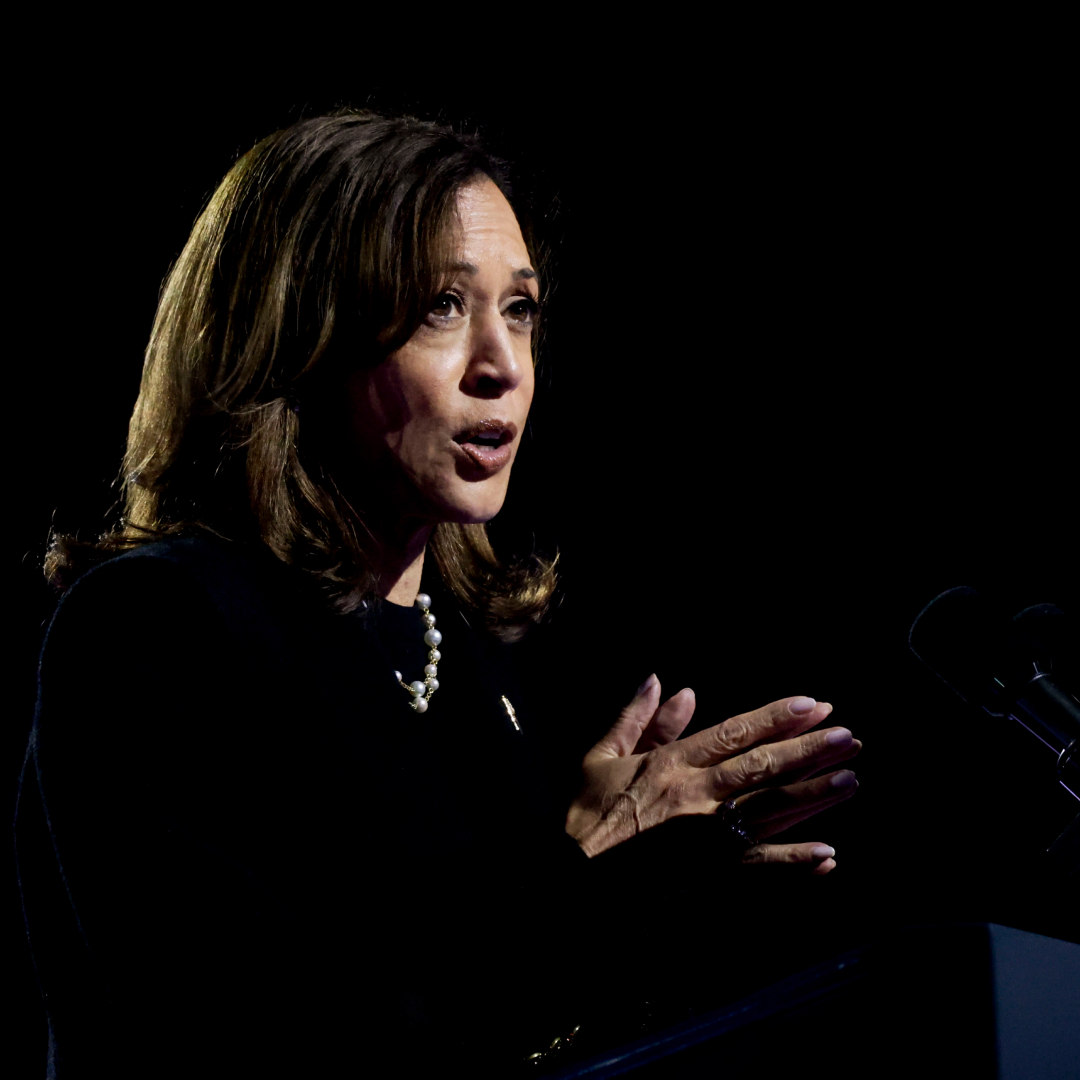 Kamala Harris Has Lost the 2024 Presidential Election
Kamala Harris Has Lost the 2024 Presidential ElectionIt's official.
By Jenny Hollander
-
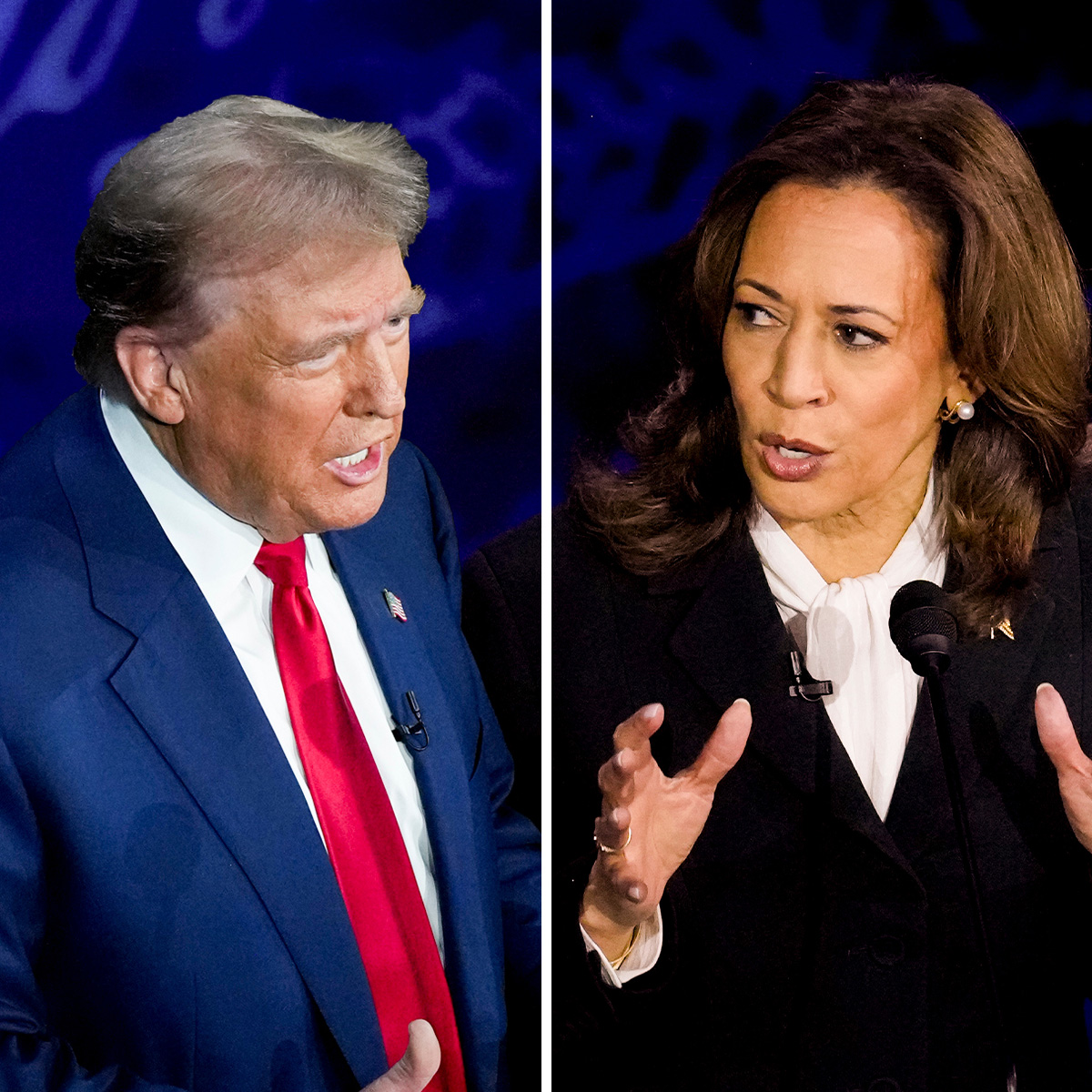 Trump Has Been Getting More Erratic on Abortion—Kamala Harris Finally Called Him Out
Trump Has Been Getting More Erratic on Abortion—Kamala Harris Finally Called Him OutThe entire energy of Tuesday night's presidential debate shifted when the two candidates had a heated exchange about abortion rights.
By Lorena O'Neil
-
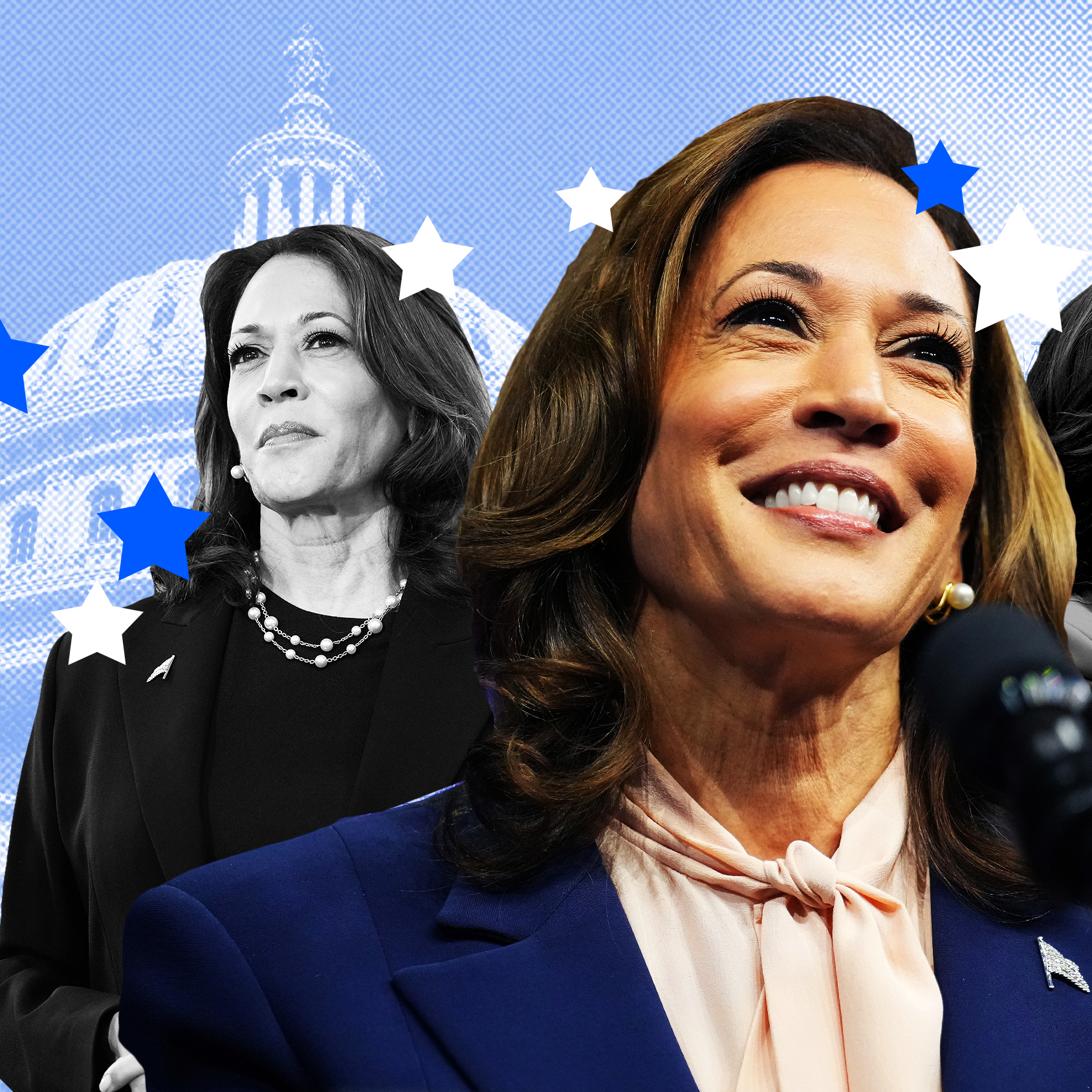 The Power and Promise of Kamala Harris
The Power and Promise of Kamala Harris"The stakes in this election couldn’t be clearer. And Vice President Harris has given us reason to hope—a deep and abiding hope that is less about wishing and more about working."
By Ayanna Pressley
-
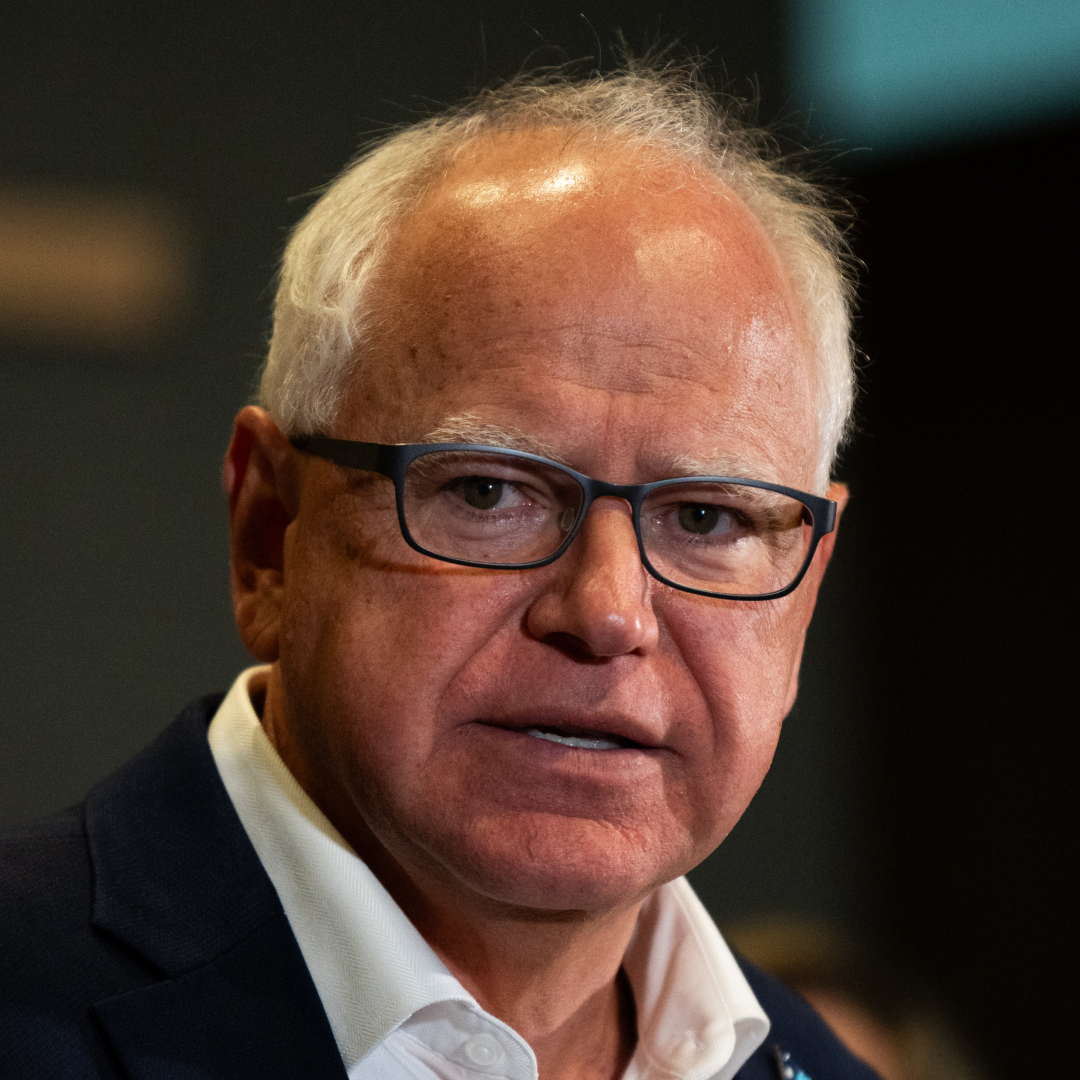 Who Is Tim Walz, Kamala Harris' Pick for Vice President?
Who Is Tim Walz, Kamala Harris' Pick for Vice President?The current governor of Minnesota recently called the Trump-Vance ticket "weird."
By Amy Mackelden
-
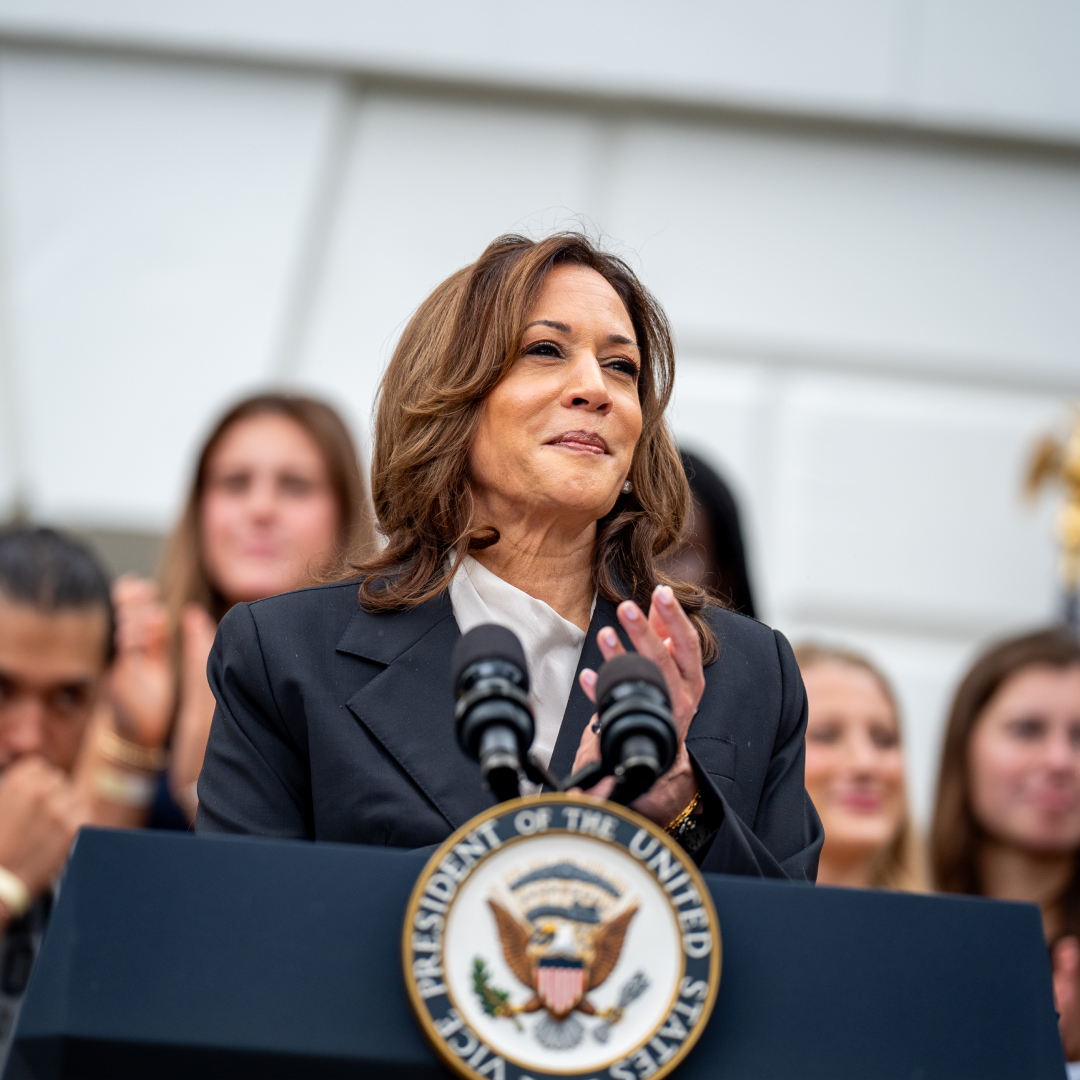 Most Republicans Aren't Talking About Gender and Race. Here's Why Kamala Harris Should
Most Republicans Aren't Talking About Gender and Race. Here's Why Kamala Harris ShouldThe GOP knows that if this becomes a campaign about identity, they’re going to lose.
By Reshma Saujani
-
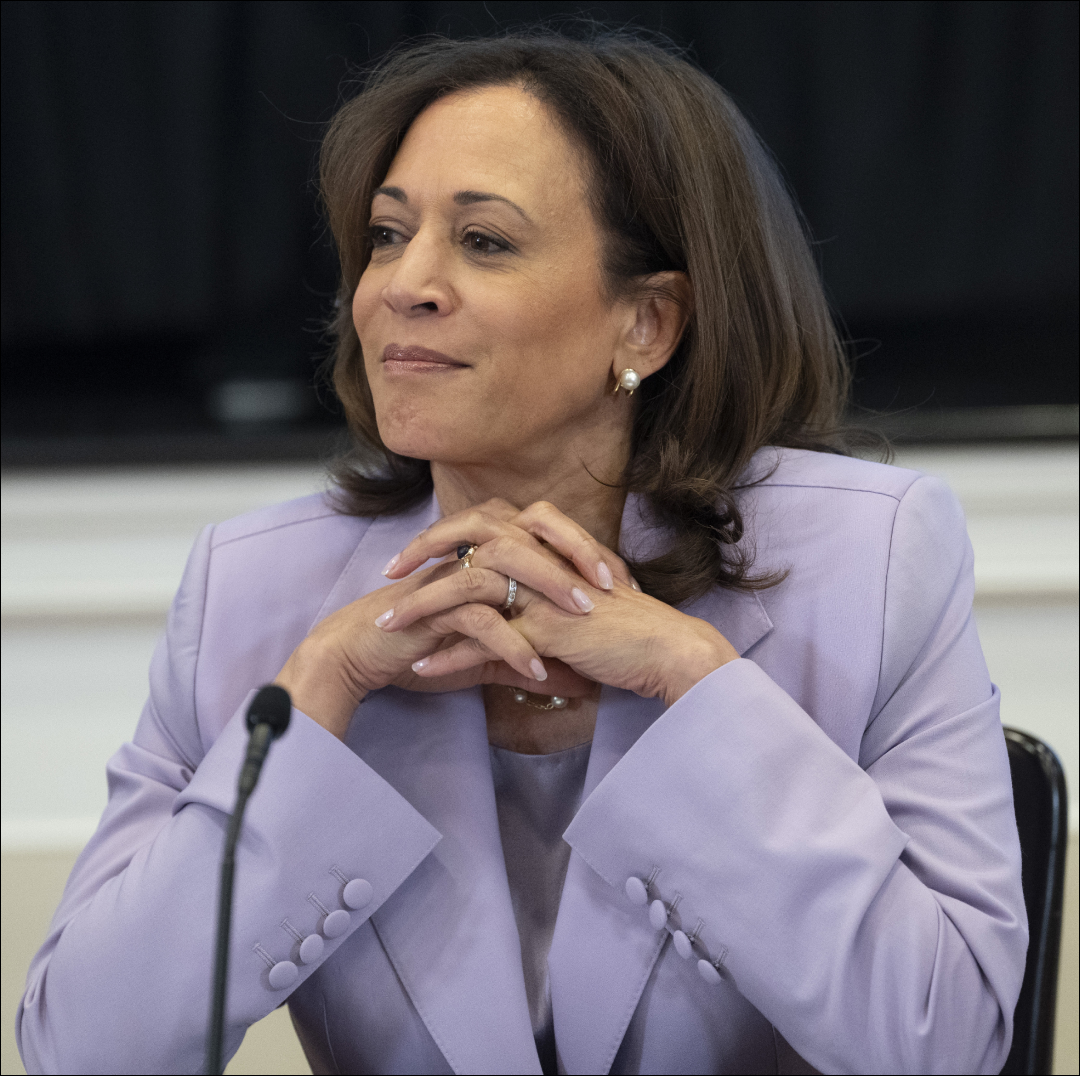 Vice President Harris Announces New Rules to Lower Childcare Costs
Vice President Harris Announces New Rules to Lower Childcare CostsHere's what you need to know about the Biden administration's latest efforts to make childcare more affordable.
By Emily Tisch Sussman